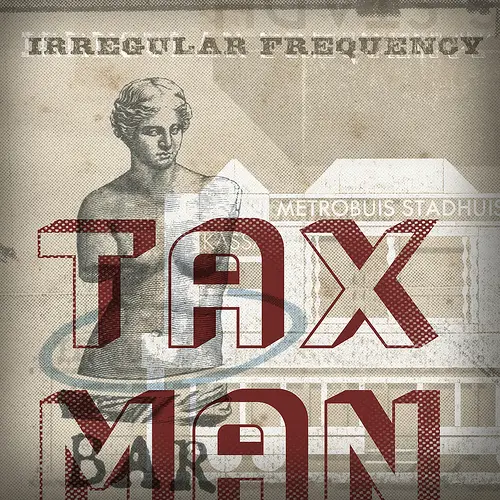 The best way to maximize your deductions and increase your tax return is to hire a tax consultant to help you go through everything. However, if you decide to do it on your own, you can still get a number of deductions as long as you remember the following rules. Some of these rules may seem to be rather paranoid, but they will protect you later if the IRS demands to see whether you actually qualified or not.
The best way to maximize your deductions and increase your tax return is to hire a tax consultant to help you go through everything. However, if you decide to do it on your own, you can still get a number of deductions as long as you remember the following rules. Some of these rules may seem to be rather paranoid, but they will protect you later if the IRS demands to see whether you actually qualified or not.
If in Doubt, Don’t Claim It
Claiming deductions for your eCommerce business is not like picking up free samples from a candy shop. The more deductions you take, the harder that the government will look at your business — and you’ll increase your chances of being audited. The IRS doesn’t really believe in gray areas, and if it is possible that something could be interpreted in your favor or in their favor, the IRS will interpret it in their favor. So if there is a particular business deduction that you’re considering and you aren’t sure whether you fully qualify, then don’t claim it. Good faith makes no difference in tax deductions. Most penalties are a percentage of the violation and have the potential of being paired with punitive damages.
If You Don’t Have Paperwork, It Didn’t Happen
The paper trail you create is essential for protecting your business. If you want to take a business deduction, you must make sure that you have proof of the purchase and the use. The receipt, warranties, and other essential pieces of information all provide the verification. Don’t be fooled by the IRS’s statement that you only have to save receipts for purchases over $75. You only have to save those receipts for the initial submission. If, however, the government comes back and audits you, you will have to show the receipts for most other purchases. Pens, pencils, paper, and the like generally don’t fall into this category, but other purchases that you deduct will fall into this category. As a general rule, it’s best to save all of those receipts and documentation whether for the Google product listing ads or the paper shredder.
The IRS Means What It Says
When the IRS gives a standard for evaluation, it will interpret that standard quite strictly. One of the most commonly broken rules is the “exclusive office use” clause. This states that any item that is claimed as a deduction for the business must be used exclusively for the business when it is something such as an electronic device. Many small business owners and eCommerce store owners assume that so long as the device is used mainly for business purposes that it will suffice. However, if the IRS audits you and finds out that that is not the case, then you will be penalized and lose the deduction.
Handling deductions can be challenging. Claiming deductions can help you save money and benefit your eCommerce business, but at the same time, it can be risky. You must remember that if you aren’t sure, you should not claim the deduction. If you don’t have the paperwork, you shouldn’t claim it because you won’t necessarily be able to prove it. Above all, remember that when the IRS gives you a standard, they expect you to meet it.
Photo Credit: SubtlePanda

Question of the Week